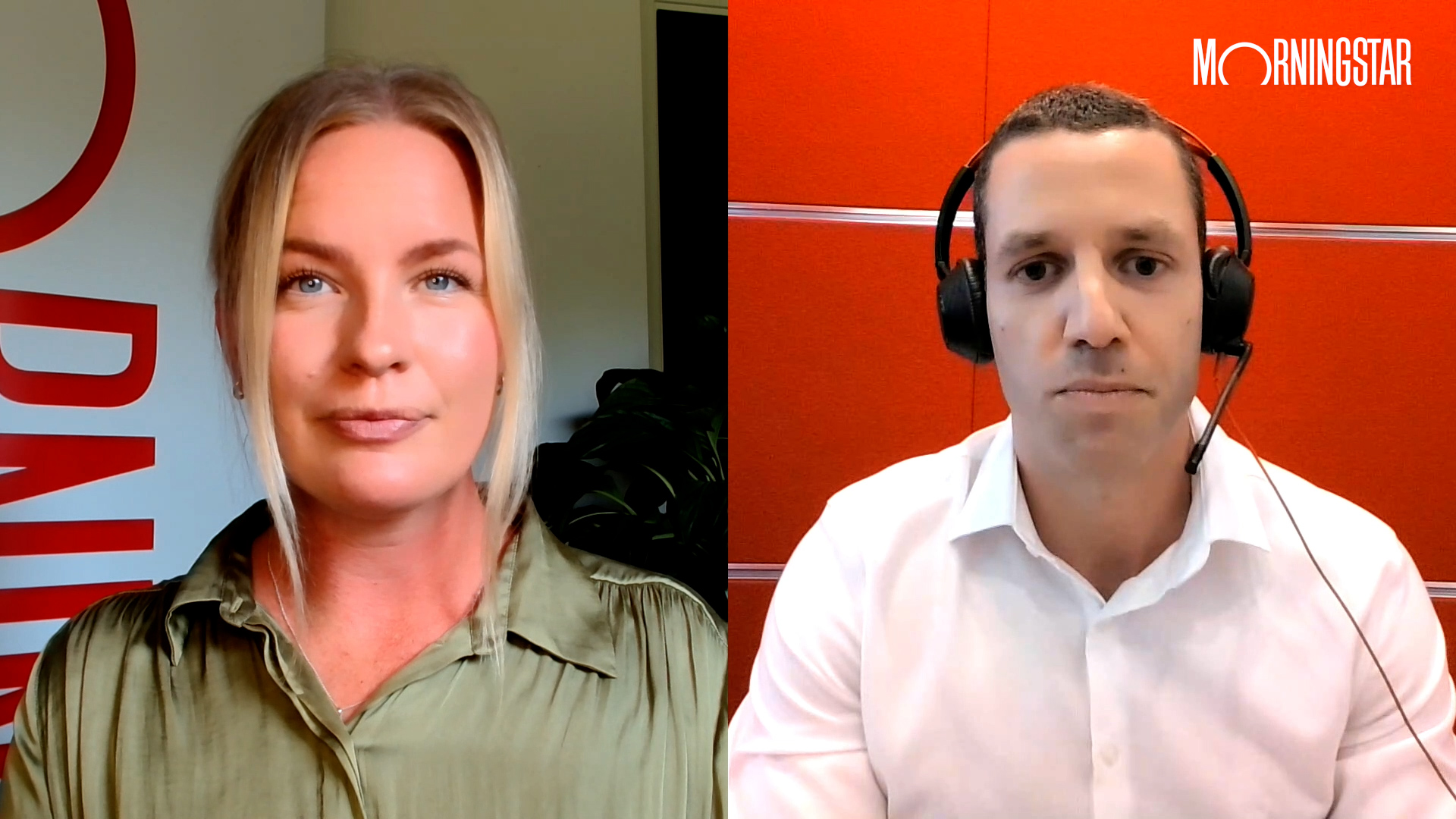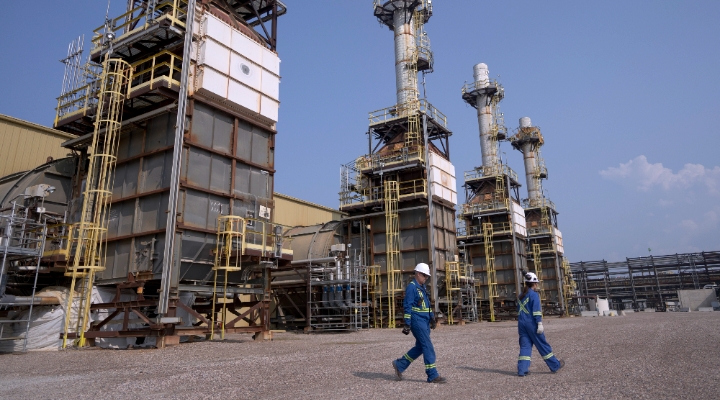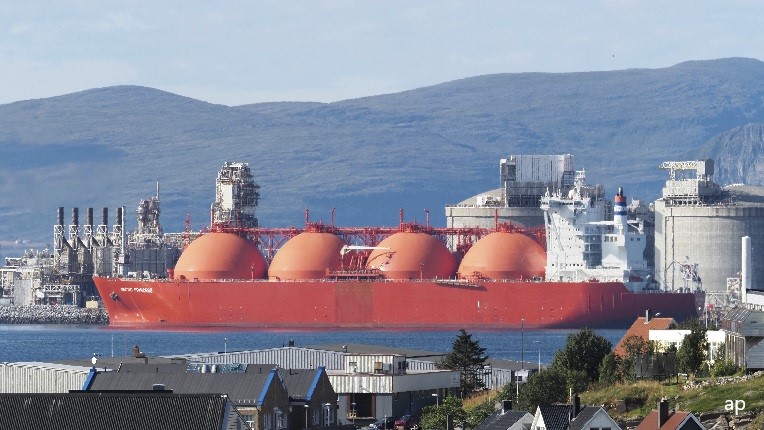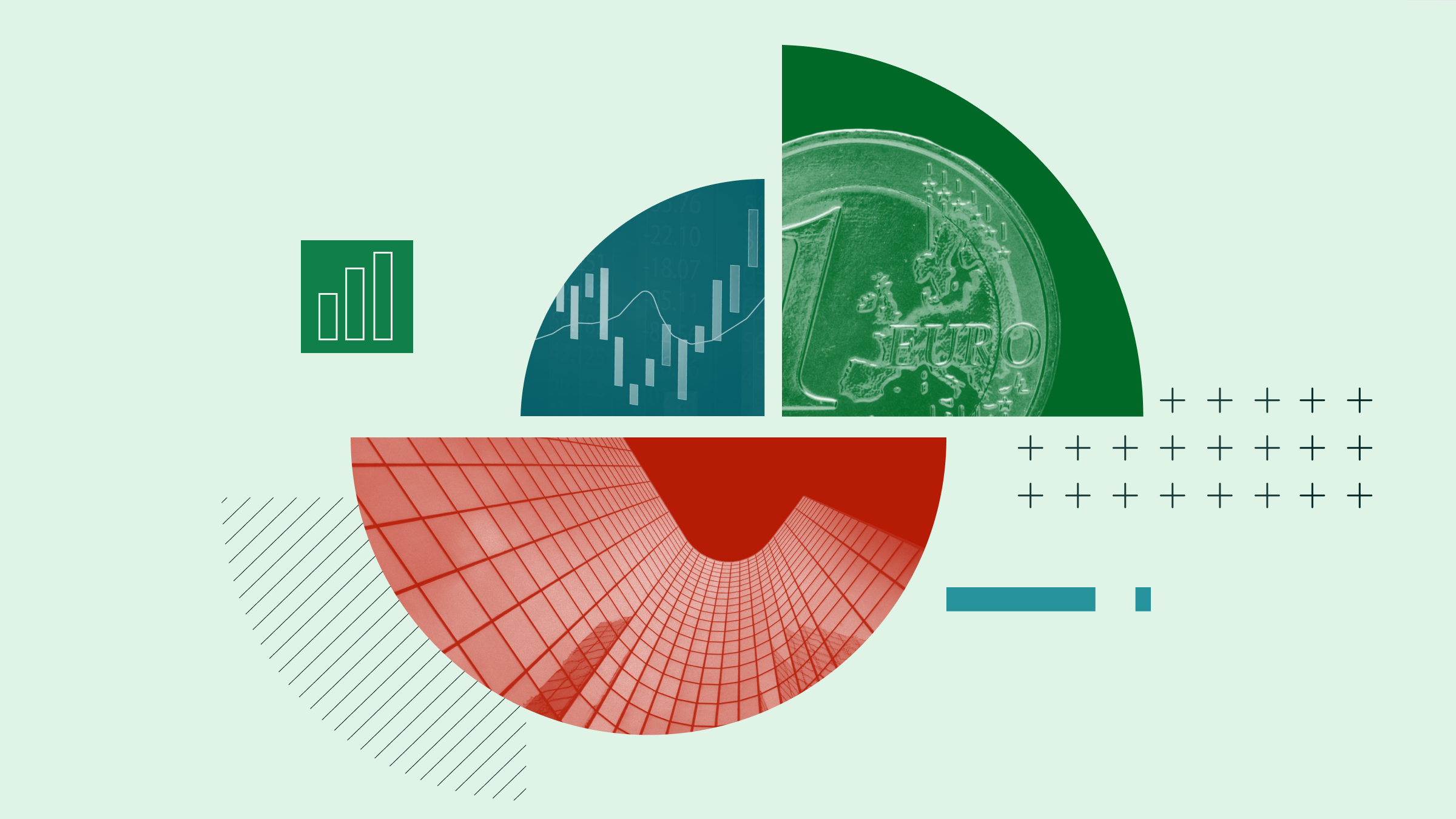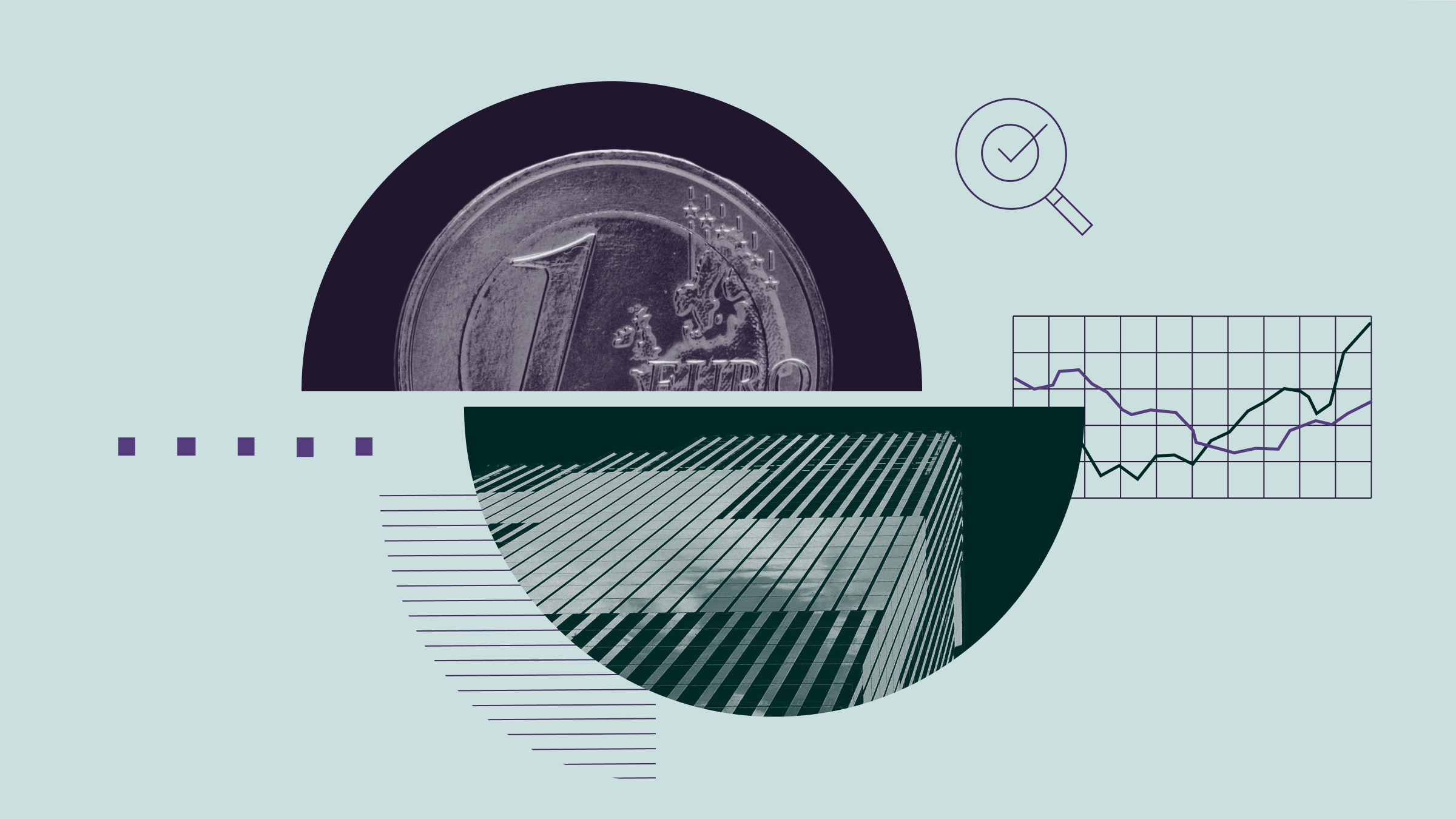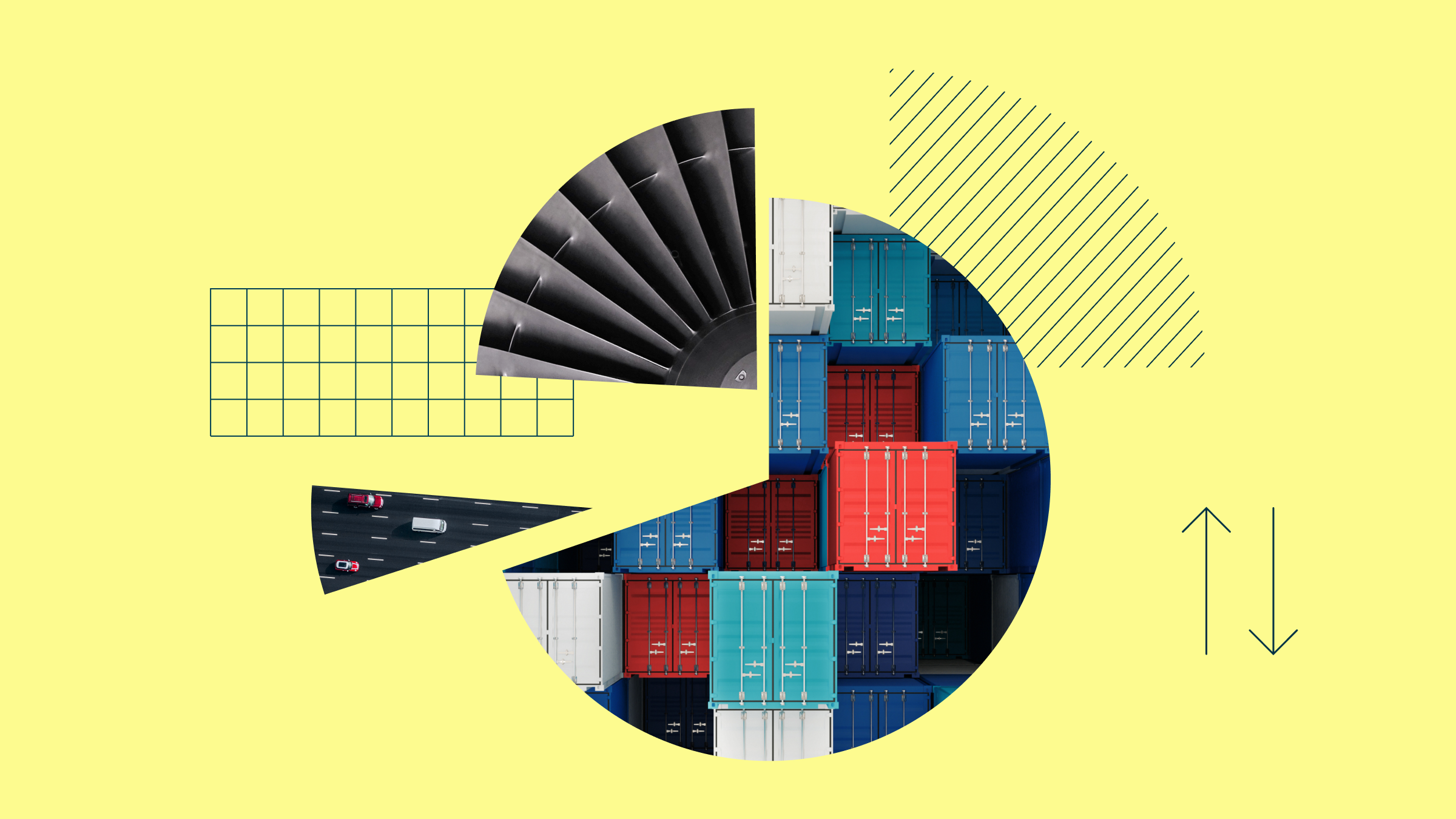Ollie Smith: It's been nearly a year since Bill Browder first joined me in the London studio here at Morningstar to discuss the war in Ukraine, its trajectory, and the implications for global politics and finance. And I'm pleased to say he is back. So, without further ado, Bill, thanks very much for joining me once again.
I want to start by discussing what's happened since February 2022 because it seemed to me on the anniversary of the invasion that you've been proved more or less right about Putin's behavior and the escalation. But I wanted to ask, is there anything you've been particularly surprised by since that moment?
Bill Browder: Yeah, a lot, actually. I've been surprised by the number of countries in the world, from the Global South who are not part of this condemnation of the war, countries like South Africa, Brazil, Mexico, India, who are all sitting on the fence a little bit. I'm surprised by the statistics coming out of Russia – I don't know if they're accurate or not – claiming that the economy is doing so much better than we predicted, although I think that there's a huge amount of disinformation and misinformation in those numbers. And I think I'm surprised by the fact that the Russian people have tolerated unbelievable losses of life in their own armed services. That's another thing which somehow doesn't feel right. I mean, we're talking about 10 times the number of people killed in this current conflict in one year than were killed in the Soviet invasion of Afghanistan over 10.
OS: Still on that latter point, I mean, does that speak to the strength of the narrative and the control of media and communications in Russia? Or is there something else culturally?
BB: Well, I think, what it speaks to is just the hardcore repression that Putin is inflicting on his people. These days if you show up to a public square with a blank piece of paper standing by yourself, you'll get arrested and possibly sentenced to years in prison. And so, there's just such incredible screw tightening on people in Russia that I think everybody is just – you have to be some type of hero just to be a decent human being in Russia right now.
OS: Sure. Okay. I'm going to take you back a few years. When I was a teenager, Bill, I had a fascinating conversation I've never forgotten with one of my teachers who had been alive during the escalation, the lead up to the second Vietnam conflict and the U.S.'s involvement in that theater of operations. And he described the paranoia about domino theory and that if South Vietnam fell to communism, the effects that that could have on the rest of Asia and the wider world. And it seems to me there is a little bit of a parallel there in terms of the influence that Ukraine has on the global narrative. But I wanted to ask you how important is Ukraine to U.S. interests in particular? What's the fear there if Ukraine falls, so to speak?
BB: Ukraine is absolutely vital to U.S. and European interests. And the reason is that why is Putin in Ukraine in the first place. Putin is not in Ukraine because of NATO expansion. He is not in Ukraine because he is trying to build a greater Russian empire. He is in Ukraine because he is terrified of losing power. He believes that if he loses power, he will go to jail, lose his money and die. And so, for Putin, he has been in a desperate plight to stay in power. And if you're a dictator, how do you stay in power if you're worried about the people rumbling and getting angry with you? You create a foreign enemy. So, Ukraine is the foreign enemy.
Now, if Ukraine were to be defeated, it's not like he loses his fear of losing power. The best way for him to stay in power is to carry on. And what does that mean? Moldova easily, Georgia easily. But most terrifying is, if Putin were to go towards Estonia or Poland or Lithuania, and then we're faced with just the most horrible choice, which is, do we want to go to war with Russia? And when I say we, I mean the collective West, all the members of NATO, we have a treaty obligation to defend Poland or Estonia.
OS: Yeah, set in stone.
BB: And if we have to go to war with Russia, it's going to be 100 times worse than whatever is happening right now. And then, the flip side is, perhaps in some circumstance the collective West will say, well, actually, why are we going to go to war with Russia over a country with a million people, Estonia? And if we were to abandon our NATO allies, then it's all 1945 again in Europe, where Putin will just gobble up Eastern Europe as if he is just going out for breakfast. And if that happens, then – I mean, God knows what happens next.
And so, the reason why Ukraine is so important is that Ukrainians are currently fighting off this possible outcome. And so, there's no Americans that are dying. There's no Europeans that are dying. Ukrainians are dying not just to protect their own country but to protect us from the possibility that Putin goes further. And it's not an unlikely possibility. It's a highly probable possibility if Putin were to win in Ukraine. So, I think this is absolutely crucial. And anybody who suggests that we should just leave Ukraine to their own devices is basically suggesting that we end up in a major conflict with Russia directly.
OS: Okay. I want to move on to the topic of investing because I think readers will want to hear your thoughts on this for obvious reasons. But I know that you probably don't go on the airwaves to talk about ESG and sustainable investing. But no sooner than Russia had invaded Ukraine in February last year there was an argument that all of a sudden exclusionary criteria to keep arms stocks out of sustainability funds or ethical investing funds could suddenly be dropped, and there was almost a moral imperative to include big arms companies in those strategies given the emphasis on national security, the West's moral obligation towards countries like Ukraine. So, it seems to me off the back of that that there hasn't really been – there's been a bit of discussion, but it hasn't been that much discussion. The argument hasn't entirely won out among ESG fund managers. Not sure why. But I wanted to get your sense of what are your views on that. Should we have arms stocks in ESG funds?
BB: Well, I think that Putin is completely sort of – it's like when you're playing pool and you break, he has sent all balls in all different directions and all sorts of interesting things are happening. So, all of a sudden, what couldn't be accomplished by any climate change activist was accomplished by Putin when everyone said, why are we so dependent on Russian gas? It takes 14 months to get a solar panel installed in Germany now, because everybody was desperate to get solar panels installed. And all of a sudden, every other type of alternative energy is becoming even more sought after because of Putin, not because people are trying to create a greener planet.
And this is another example where defence stocks are doing good – I mean, I should say, defence companies who are supplying arms to Ukraine are doing something good for the world. They're protecting Ukraine. And in fact, to the extent that one believes this data leak that's coming out, that's saying Ukraine is short of weapons, the reason they're short of weapons is because a lot of defence companies stopped producing weapons because they didn't think there was any market for them. And so, I think it's unrealistic and utopia thinking that we're in a world where you don't need defence companies. As long as there are dictators – and there are a lot of dictators in the world – and as long as there are malicious actions of those dictators and we see that in many places, you need defence companies to supply weapons to people who are going to defend against those dictators. And one can make all sorts of arguments about arms companies supplying dictators, which is a whole another story. But I think that that's more a question of government regulation than should these companies be in business.
OS: For sure. Okay. Finally, you mentioned the intelligence leak. I do want to discuss that because as we record this right now, I believe the FBI has arrested a suspect in the big intelligence leak in the U.S. Some would say that's been a little bit embarrassing for the U.S. and its allies, but also for Ukraine whose vulnerabilities have kind of been further exposed. What's your take on it? What are the consequences of a moment like that?
BB: Well, I think it's disastrous. I mean, you want to keep your cards as close to the chest as you can in a situation like this. And so, it's disastrous for Ukraine. If it's true that they're lacking weapons in certain areas, lacking air defense, it's disastrous for the United States in that lots of intelligence sources are now exposed, and perhaps those people will be killed. But there's a flipside to this whole thing in areas that people aren't talking about.
First, now we know that the air defences of Ukraine are vulnerable, that they don't have enough weapons to defend their airspace. So, what's the natural reaction of every head of state, every foreign minister, every defense minister in every country that's among the allies who is reading that? They're going to go back into their warehouses and see if they got anything else they can supply. There's been a big argument about whether or not the West should supply jets to Ukraine. I imagine that if this perception that Ukraine is lacking on air defense is real, then the acceleration of the supply of jets will happen.
There's another upside to this whole thing, which is, yes, we've now exposed the western sources of information coming out of Russia. What's going to happen inside the Russian military establishment and the Russian government? They're going to start turning on each other like sharks, killing each other and doing all sorts of other terrible things to each other as they're trying to root out disloyalty. And I'm sure a lot of loyal people will get caught up in the purge. And so, there there's no greater satisfaction than watching the Russians turn on themselves, and this will certainly cause them to do that.
OS: How long do those ramifications take to feed through? I mean, do you think we'll be seeing news stories in the next month about disarray inside the Kremlin or is it going to be something…?
BB: I think a lot of the stuff you'll never hear about ever.
OS: And this is a rare moment where you do actually see something, but so much of it goes still unseen.
BB: Yeah. I imagine we will never know who among the Russian military was purged either permanently or put in jail, or in some other way. But you can imagine that there is no honor among thieves, and they're going to all be at each other's throats and a lot of people will get caught up in this thing.
OS: Absolutely. Bill, thank you very, very much indeed. If you want to know more about the war in Ukraine and its ramifications for both geopolitics and finance, follow any of our editorial websites internationally. Until next time, my thanks again to Bill, I've been Ollie Smith for Morningstar.






